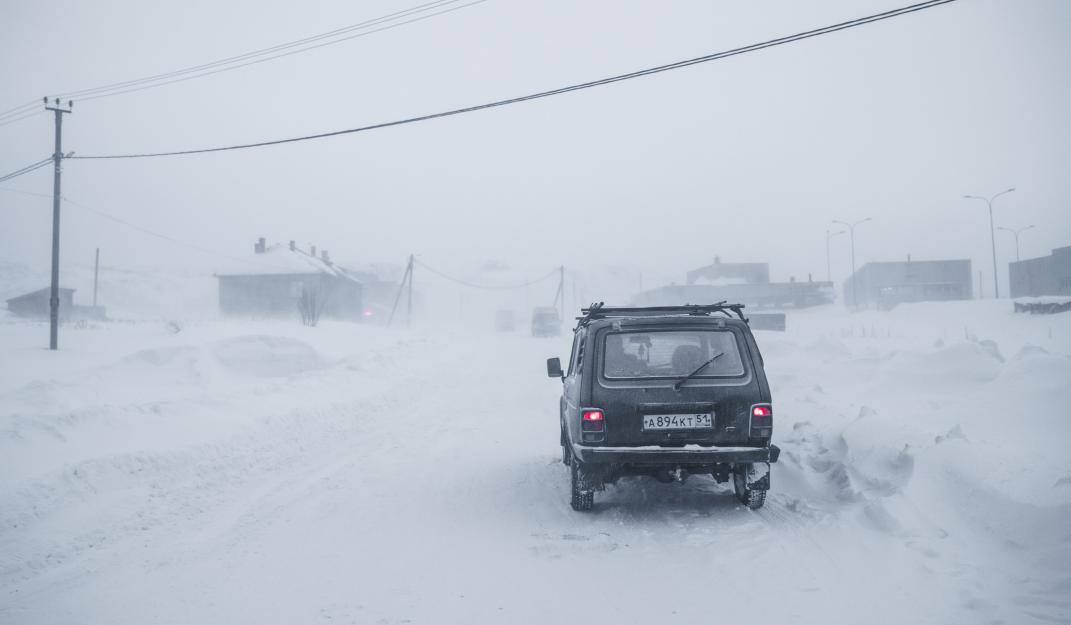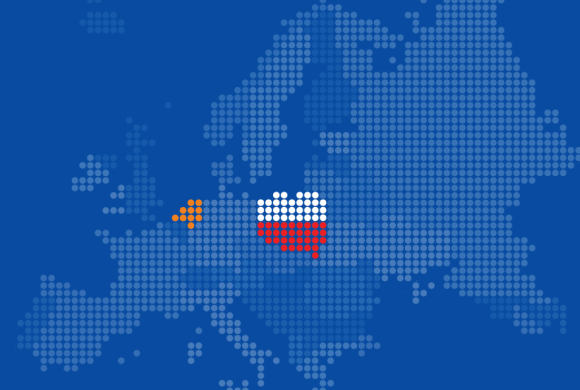CERISE lecture: The great Siberian thaw: causes and consequences of Russian permafrost melting

The consequences of climate change are increasingly felt across the world, and Russia is no exception. Approximately two thirds of the country are covered by permafrost, which is now increasingly thawing and degrading. This causes severe damage to buildings and infrastructure like roads and pipelines, associated with high economic costs. But arctic permafrost soils also play an important role in regulating the global climate. They store by a lot of carbon and nitrogen, preventing large amounts of greenhouse gases to be released into the atmosphere. Per definition, permafrost soils are frozen during at least two consecutive years and only the upper active layer thaws during the summer months. With global temperatures continuously rising, this thawing is enhanced and can lead to increased greenhouse gas emissions. What causes these changes and can we already see shifts in arctic ecosystems? Can transitions in the Arctic affect the global climate?
About the speaker:
 Nathalie Ylenia Triches started her career studying Forest Sciences in Bern (Switzerland) and Inverness (Scotland) before working as a forester for a few years. Driven by the wish to make the world a better place, she was part of the first intake studying in the International Masters of Soils and Global Change at UGent and Aarhus University (Denmark). She now works on permafrost degradation and its effects on the carbon and nitrogen cycle at the Max Planck Institute for Biogeochemistry in Jena (Germany). Nathalie serves also as an Eurodoc Open Science Ambassador.
Nathalie Ylenia Triches started her career studying Forest Sciences in Bern (Switzerland) and Inverness (Scotland) before working as a forester for a few years. Driven by the wish to make the world a better place, she was part of the first intake studying in the International Masters of Soils and Global Change at UGent and Aarhus University (Denmark). She now works on permafrost degradation and its effects on the carbon and nitrogen cycle at the Max Planck Institute for Biogeochemistry in Jena (Germany). Nathalie serves also as an Eurodoc Open Science Ambassador.





